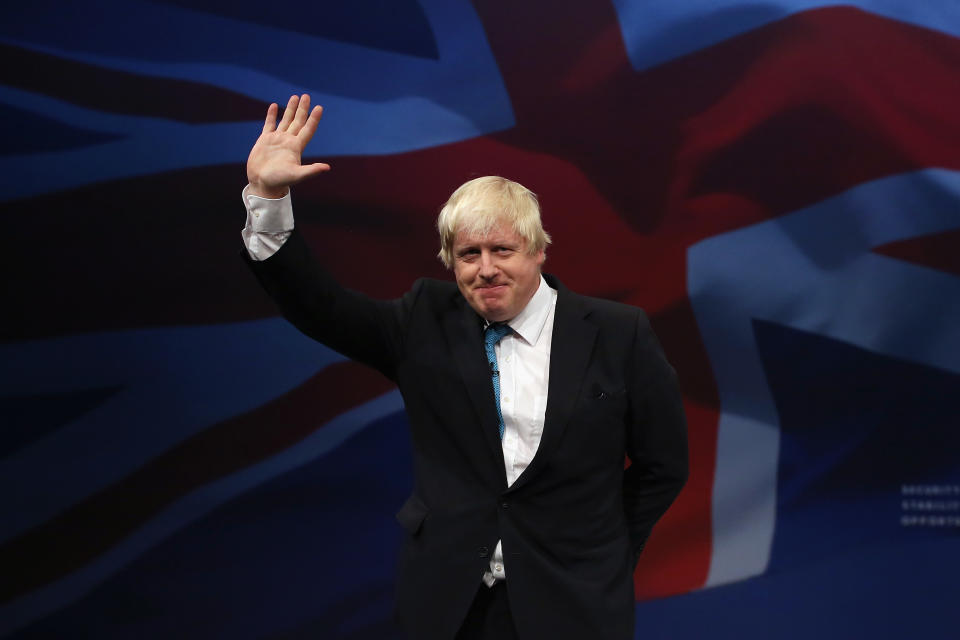What we've learnt from Boris Johnson's first day

Less than 36 hours into his stint as prime minister, Boris Johnson has already ruffled a few feathers.
The former foreign secretary oversaw an unprecedented cabinet clear out, which saw anticipated firings, such as that of business secretary Greg Clark, twinned with the surprise dismissal of Brexiteers defence secretary Penny Mordaunt, as well as MPs who endorsed Johnson in the leadership election, such as former communities secretary James Brokenshire.
Cabinet joinees such as new home secretary Priti Patel and foreign secretary Dominic Raab will hardly inspire confidence among moderate Conservative MPs, who anticipated a cabinet with more jobs for ‘wet’ Tory MPs. Other than the appointment of Nicky Morgan to DCMS, it’s hard to see what moderate Tory MPs have to celebrate in Johnson’s new top table.
With a Cabinet who appear prepared to pursue No Deal if the EU (or the House of Commons) are unwilling to approve Johnson’s deal-based Brexit plans, the tone of the next few months in Westminster will likely be set by independent-minded Conservative and Labour MPs, and how they plan to act at a vote of no confidence.
The success of the Conservative whipping operation will play a crucial role in the success or failure of Johnson’s government. With Gavin Williamson, arguably the most successful whip this century, unwilling to return to the post, a more centralised operation is likely to be pushed by Number 10.
Much of Boris Johnson’s whipping operations is expected to be taken up by advisors as opposed to new Chief Whip Mark Spencer. Former May aide Nikki Da Costa, who quit her role in the May government out of opposition to her Brexit deal, has been touted to play a key role in persuading MPs to support Boris Johnson’s Brexit strategy, deal or no deal.
No10’s approach to whipping speaks to what appear to be further centralisation of power under Johnson. Via the appointment of former Gove advisor and Vote Leave chief Dominic Cummings, policy centralisation appears likely too. According to a report in The Times, the controversial special adviser has also successfully secured all departmental special advisers being reportable to him.
READ MORE: How Boris Johnson's pledges to 'unleash' Britain's economy stack up
Cummings masterminded controversial education reforms while working for Gove, where he clashed with Education unions and civil servants, who he deemed ‘the blob’, and infuriated many ERG MPs when at Vote Leave via left field tactics. While revered by many (including the staff he commanded at Vote Leave), Cummings acting as a line manager is sure to cause controversy sooner rather than later.
Overall, Johnson’s first 36 hours in Downing Street give a good indication if what lies ahead: bold policy, and disciplinary issues.

 Yahoo Finance
Yahoo Finance 